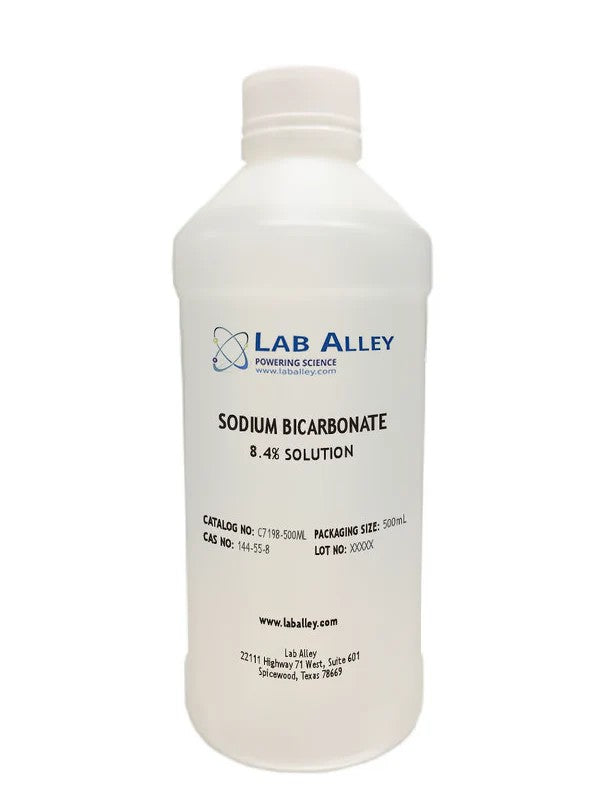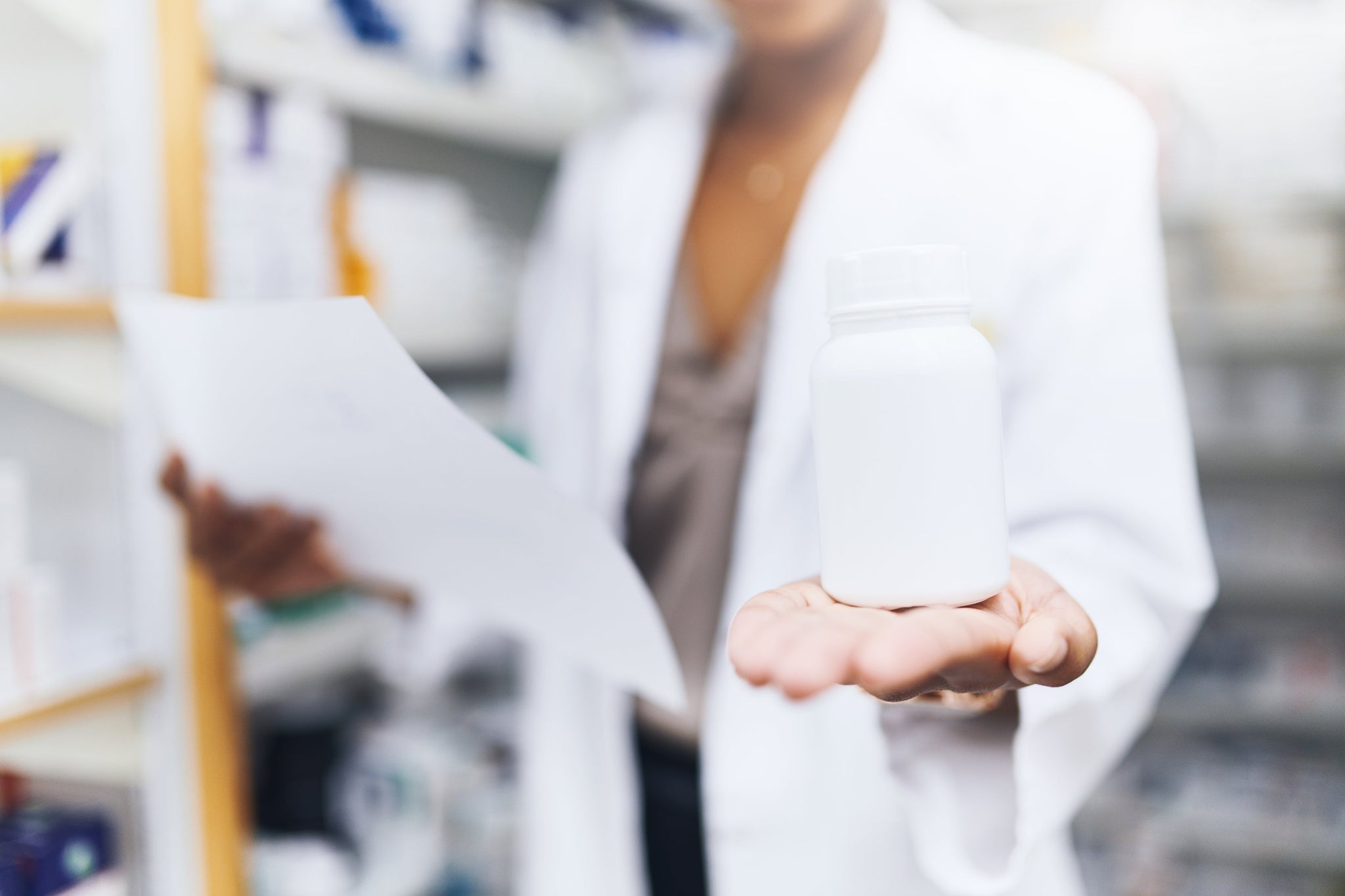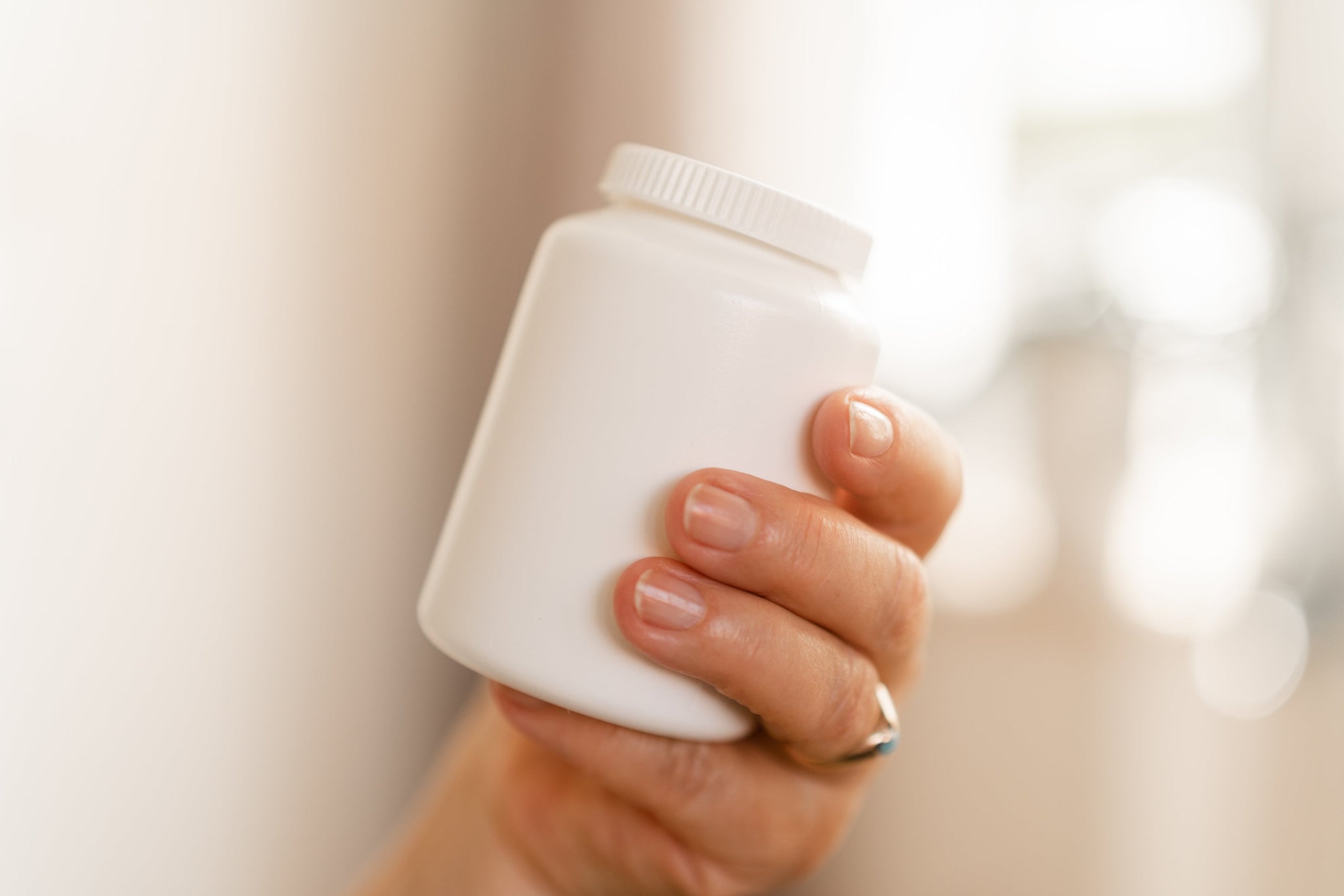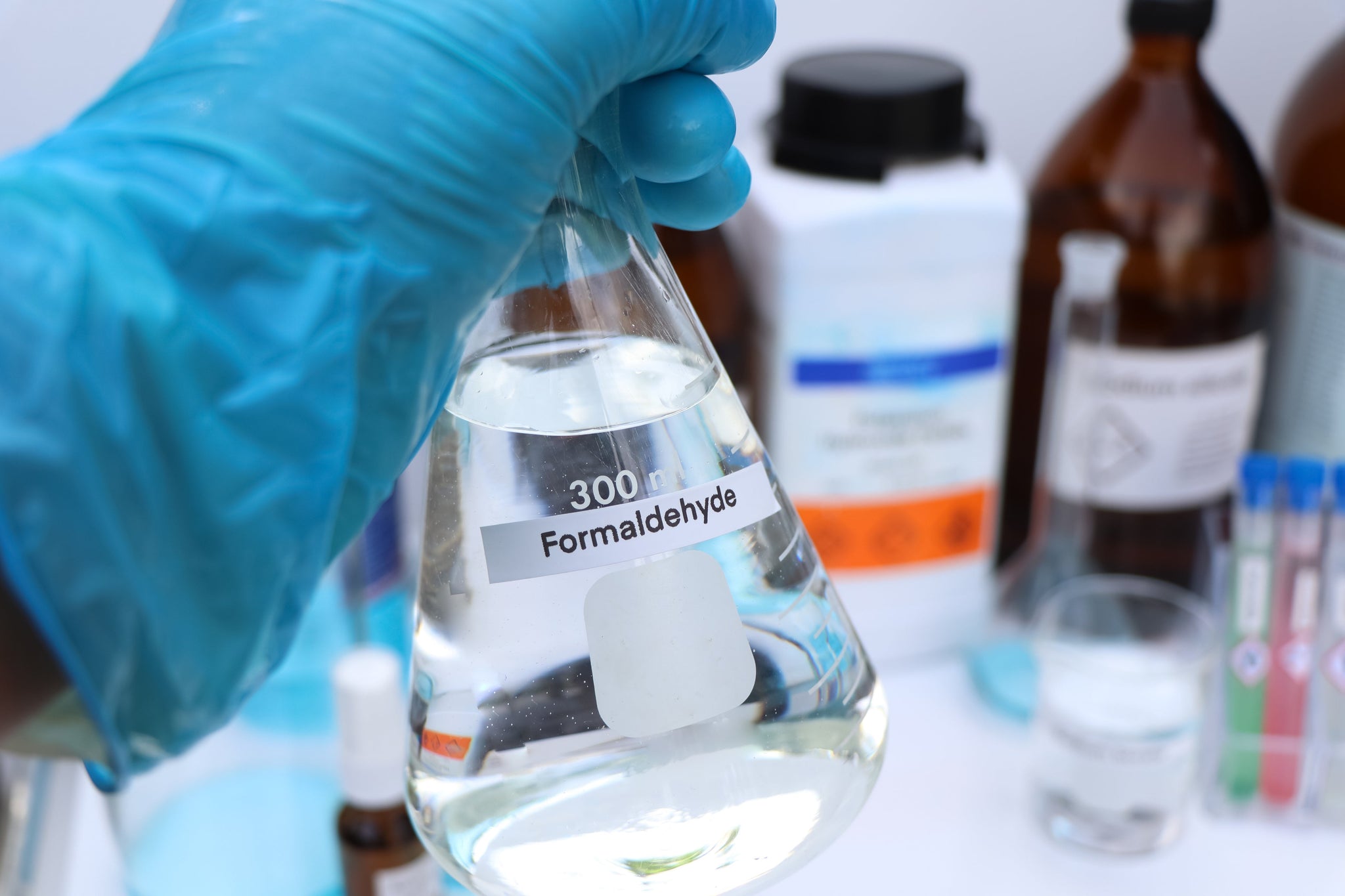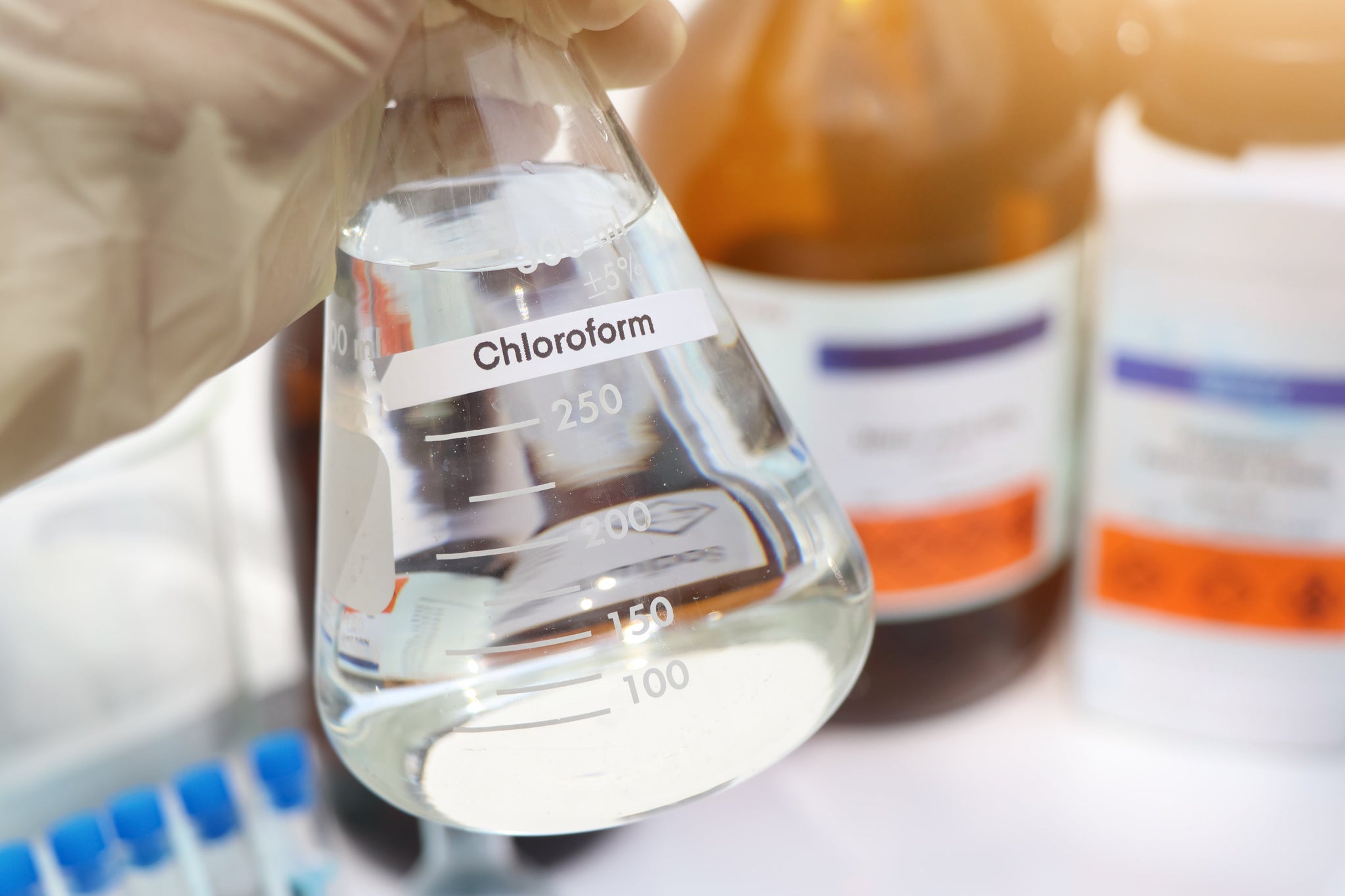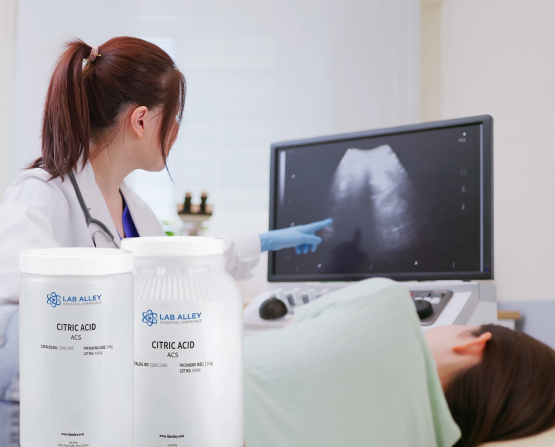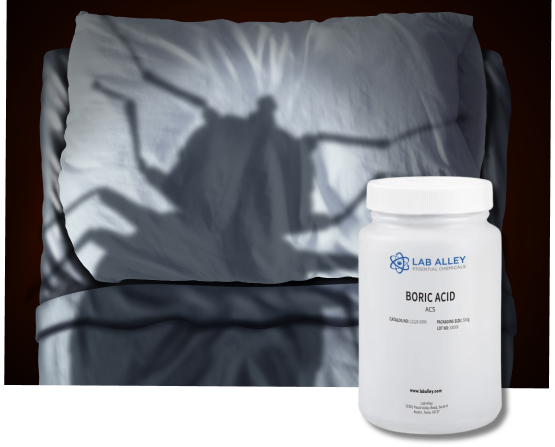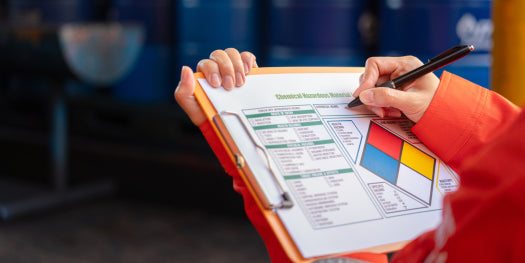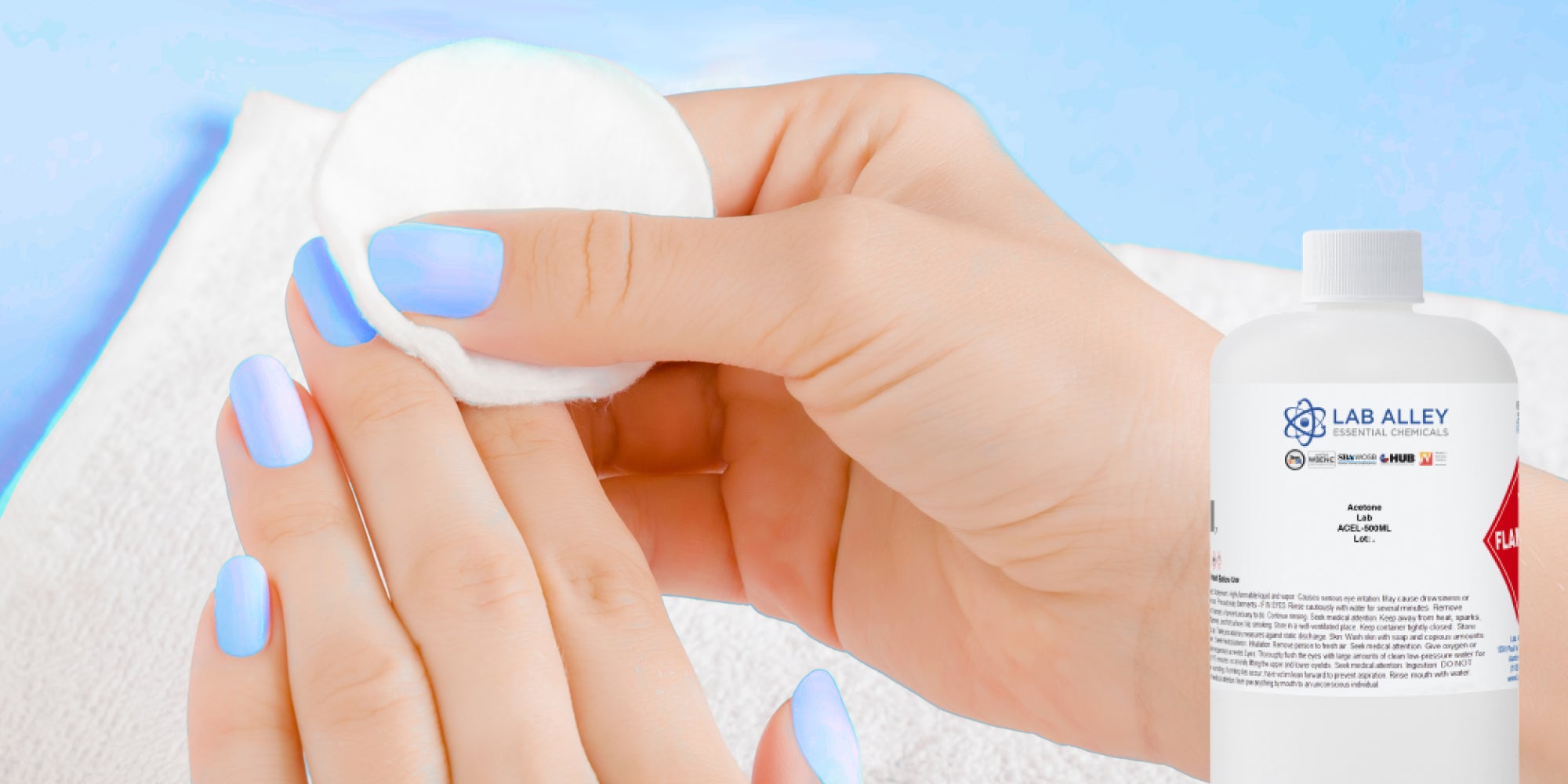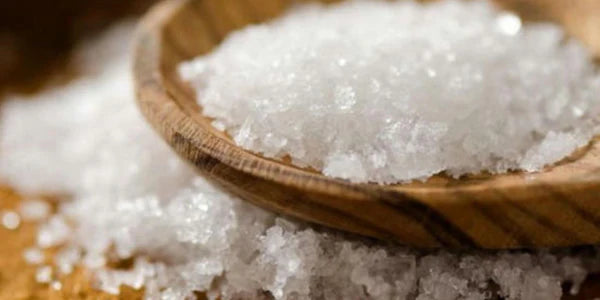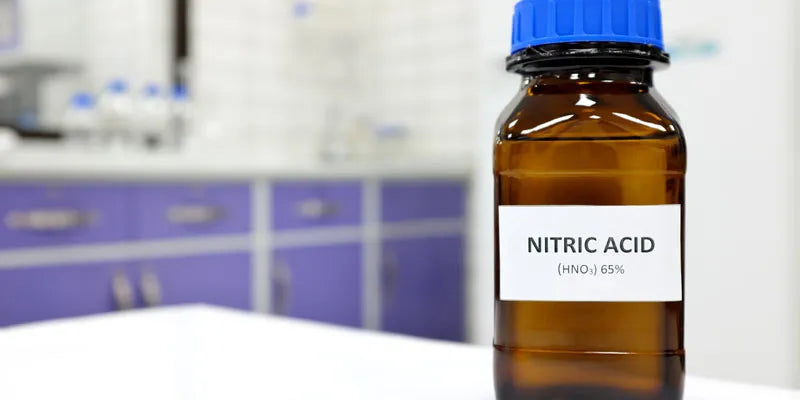Uses & Benefits
In industrial settings, sodium bicarbonate serves as a versatile compound used for buffering, pH regulation, and gentle abrasion. It’s integral to processes like textile dyeing, fire suppression, industrial cleaning, and even plastic and leather production. In chemical synthesis, mining, and metallurgy, it helps neutralize acids, suppress dust, and clean metal surfaces - showcasing its broad utility in manufacturing and processing.
In laboratories, sodium bicarbonate is widely used to buffer acid-base reactions and prepare chemical solutions. Its compatibility with biological systems makes it ideal for maintaining pH in cell cultures and enzyme studies. Researchers rely on it for its low reactivity, affordability, and solubility in water.
Medically, sodium bicarbonate is FDA-approved for use as an antacid and is administered intravenously for conditions like metabolic acidosis. In pharmaceuticals, it acts as both an active ingredient and a stabilizing excipient, commonly appearing in tablets, toothpastes, and rinses. Its non-corrosive nature also makes it suitable for cleaning delicate medical equipment.
In the food and beverage industry, sodium bicarbonate plays a key role as a leavening agent in baking (E500), a pH adjuster, and a carbonation agent in beverages. It also contributes to food preservation and appears in nutritional supplements to balance acidity during physical exertion.
Agriculturally, it neutralizes acidic soils, supports healthy crop growth, and acts as a mild fungicide. In livestock, it’s used to reduce digestive acidity and improve milk production efficiency in dairy cattle. Its eco-friendly profile suits both organic and conventional farming.
Around the home, sodium bicarbonate is a safe and effective cleaner and deodorizer. It’s used to scrub surfaces, enhance laundry detergents, and freshen textiles. In personal care, it’s found in bath soaks, deodorants, and oral hygiene products due to its natural exfoliating and odor-neutralizing properties.
Environmentally, sodium bicarbonate is a key player in pollution control. It neutralizes acidic gases in flue gas desulfurization and adjusts wastewater pH to help remove heavy metals - offering a non-toxic alternative to harsher chemicals.
Sodium bicarbonate is available in multiple grades, including USP, Food, ACS, and Industrial, with packaging options ranging from small boxes to bulk drums. Choosing the right grade ensures compliance with safety and regulatory standards across different applications.
In summary, sodium bicarbonate is a cornerstone of modern industry and daily life. Its chemical versatility, safety, and environmental friendliness make it an essential solution across sectors, from food and pharma to agriculture and environmental management.
Lab Alley is proud to be a trusted supplier of high-quality sodium bicarbonate for professionals, businesses, and consumers across all sectors, providing consistent purity, reliable performance, and fast, nationwide shipping. With a commitment to quality and customer satisfaction, Lab Alley ensures you have the sodium bicarbonate you need - when and how you need it.
Safety Information
Sodium bicarbonate is widely regarded as a safe and low-risk compound, but like any chemical, it should still be handled with care, especially in industrial or high-volume environments. Understanding the basic safety precautions, storage requirements, and proper disposal methods ensures that it remains effective, compliant, and hazard-free throughout its lifecycle.
Hazards & Precautions
While sodium bicarbonate is non-toxic, non-flammable, and chemically stable under normal conditions, improper use or storage can still pose minor risks. These facts should always be considered when handling especially large amounts:
- Sodium bicarbonate is a mild irritant in concentrated powder form. It may cause eye or skin discomfort upon direct contact.
- It reacts with acids, releasing carbon dioxide gas (CO₂). In enclosed or poorly ventilated areas, this may lead to pressure buildup or respiratory discomfort.
- Its thermal decomposition at high temperatures (>50°C / 122°F) produces sodium carbonate (CO₂), which can cause container bloating or rupture if sealed.
Personal Protective Equipment (PPE)
In industrial, lab settings or at home, always follow standard chemical safety protocols:
- Household / Consumer: None typically required beyond basic ventilation and handwashing
- Laboratory / Industrial:
- Safety goggles
- Protective gloves
- Dust mask (optional, if airborne exposure)
Storage Guidelines
Proper storage preserves sodium bicarbonate’s effectiveness and shelf life. Make sure to fulfill these requirements:
- Store in a cool, dry environment because moisture causes clumping and may trigger slow degradation.
- Use airtight containers. Preferably plastic (HDPE), stainless steel, or glass with secure lids.
- Avoid contamination especially in food, pharmaceutical, or laboratory contexts.
Recommendation: Bulk quantities should be kept in sealed drums or lined bags, away from acids or volatile chemicals.
Spill & Disposal Procedures
Even though sodium bicarbonate might look easy to clean and dispose of, we recommend taking the following precautions whether you are working with small or large spills:
- Small Spill: Sweep or vacuum dry powder; then rinse the area with water to remove residues.
- Large Spill: Use mechanical collection, then wash the area with water while minimizing dust exposure.
- Disposal: Safe for standard disposal; follow local regulations for industrial quantities.
FAQs

Pictured Above Are 5 Bottles Of Medicinal Oils Derived From Plants
You can order food grade ethanol, extraction grade ethanol, ACS grade ethanol, FCC grade ethanol, USP grade ethanol, HPLC grade ethanol and kosher ethanol from Lab Alley. Perform ethanol (EtOH) extraction at ultra-low temperatures for the best yields.
Ethanol extraction is a cost-effective way to use ethanol as an industrial solvent to produce high quality botanical extracts from large volumes of medicinal herbs or plants.
Pictured Above Are 5 Bottles Of Medicinal Oils Derived From Plants
Sources
- National Institute of Standards and Technology (NIST): Offers comprehensive data on sodium bicarbonate's molecular structure, weight, and other chemical properties.
- ScienceInfo: Discusses the structure, preparation methods (like the Solvay process), and diverse applications of baking soda in daily life and industrial settings.
- Lab Alley SDS - Sodium Bicarbonate Safety Data Sheet (SDS)
- University of Notre Dame – Spill Kits and Spill Procedures
- University of Wisconsin–Madison – Chemical Disposal Procedures

Related Products
Using Disinfectant Products Safely
Disinfectant products can effectively reduce germs that can make us sick. However, it’s important to know how to use these products safely to prevent accidental poisonings and other serious injuries.
Read ArticlePersonal Protective Equipment and Chemistry
The outbreak of COVID-19, which has been declared a pandemic by the World Health Organization (WHO), has highlighted the vital role of personal protective equipment (PPE) in healthcare settings.
Read Article


